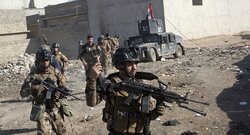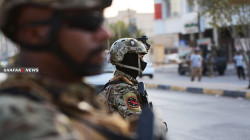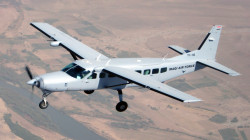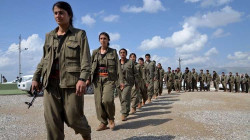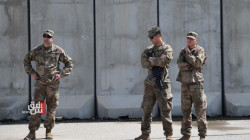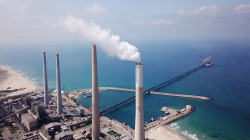What drives the anticipated shuffle in higher security and military positions in Iraq?
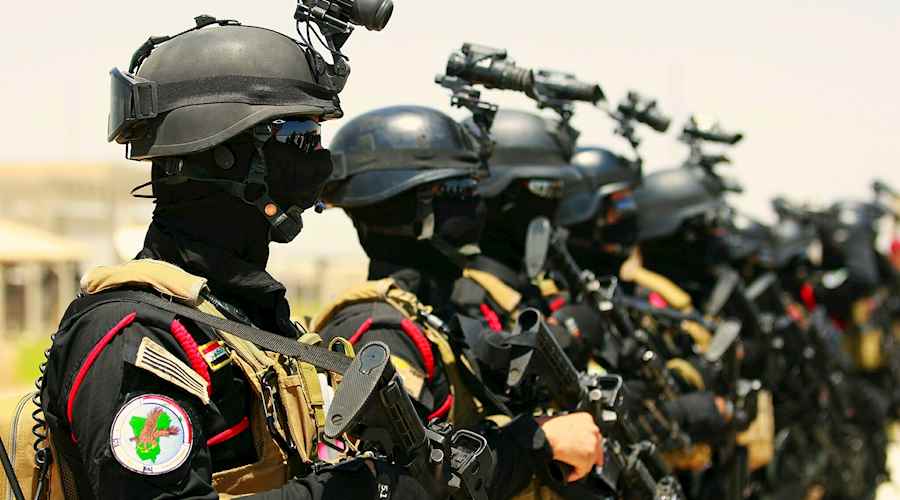
Shafaq News/ Earlier this week, a lawmaker at the Iraqi parliament's defense and security committee hinted that a shake-up in the higher security and military positions is being cooked and might enter into effect soon.
Late in August, Iraq's long-running power struggle between rival Shiite camps devolved into bloody street violence in a culmination of months of simmering tensions and a political vacuum.
For more than 24 hours, the ultrasecure Green Zone in downtown Baghdad was transformed into a front line, with loyalists of powerful cleric Muqtada al-Sadr trading fire with security forces and rival militias, bringing the capital to a standstill. Just as quickly, with a single word — "withdraw" — from the cleric in a speech, the fighting came to a stop.
Al-Sadr followers were seen on live television firing both machine guns and rocket-propelled grenades into the Green Zone, while security forces sporadically returned fire and armored tanks lined up.
Al-Sadr's rivals in the Coordination Framework, a consortium of mainly Iran-backed Shiite political forces and armed factions, said it opposes undermining the state institutions and demanded the security forces to "commit to their duty in protecting the state institutions, private and public properties."
Caretaker Prime Minister, Mustafa al-Kadhimi, said then that an investigative committee was formed to uncover who shot at al-Sadr's supporters during protests, "despite our clear and strict orders prohibiting the use of live ammunition."
"It is also imperative to determine who opened fire and launched rockets and mortars on governmental institutions throughout the night," he said in the speech, "Undisciplined groups will face legal consequences."
Evasion of Liability
The member of the parliamentary defense and security committee, Hamid al-Ameri, accused the country's top security commanders of "evading responsibility" and "multi-level failure".
Al-Ameri said that the Green Zone events, Turkey's violation of Iraq's sovereignty, and security breaches in Diyala and Baghdad's northern district of al-Tarmiyah are all suggestive of "severe failure at many levels" in the ministries of interior and defense.
"Of course, such changes at such high-level security positions should be gradual. Failures should be diagnosed and treated gradually," he said, "at the same time, we should work on developing our military and security capacities to rival those of neighboring countries."
Getting things back on track
"Security remains the most sensitive, crucial, and pivotal file on the desk of any incoming prime minister of Iraq," political analyst Mofid al-Saeedi said, "in addition to all the challenges, a prime minister should know how to handle the organized crime, unrestrained arms, and ISIS remnants all together as soon as he steps in the office."
"After the departure of Abu Ali al-Basri from the Falcons Intelligence Cell, recent security breaches and resurgence of ISIS cells uncovered some of the military officers' failure in running the security situation," he said, "for this reason, challenges should be handled the same way it was in 2019. Not only security challenges, but also the social, economic, and financial ones."
Serious changes
"Changes in military leadership require more foresight than civilian positions," security expert Alaa al-Shanua' said.
"Military units are, by default, distinguished entities. Within these entities, personnel, facilities, and information are processed in well-defined contexts that can only be directed by knowledgeable leaders who studied and practiced military sciences."
"Leaders in military entities are completely different from those who run civilian facilities. Besides the nature of the information military commanders have to deal with on a daily basis, they are connected to a chain of command. Commanders, after all, execute the plans they receive from their superiors.
"For this reason, transferring and changing commanders should not be made without taking into consideration the vision of the army's chief-of-staff," he added, "al- Sudani's decision to rush these changes is a hasty action that does not reflect his experience in higher state positions."
Joint "assessment" committees
"In Basra, committees from different bodies were formed to assess the performance of the security commanders in the governorate. All the security commanders will be under the microscope, and changes will be made accordingly," security expert Najah al-Saedi said.
"Thorough assessment is crucial for the country's security," al-Saedi explained, "sometimes, replacing a security commander is not necessarily the solution. A commander's failure sometimes engenders from lack of troops or technology under his command."
